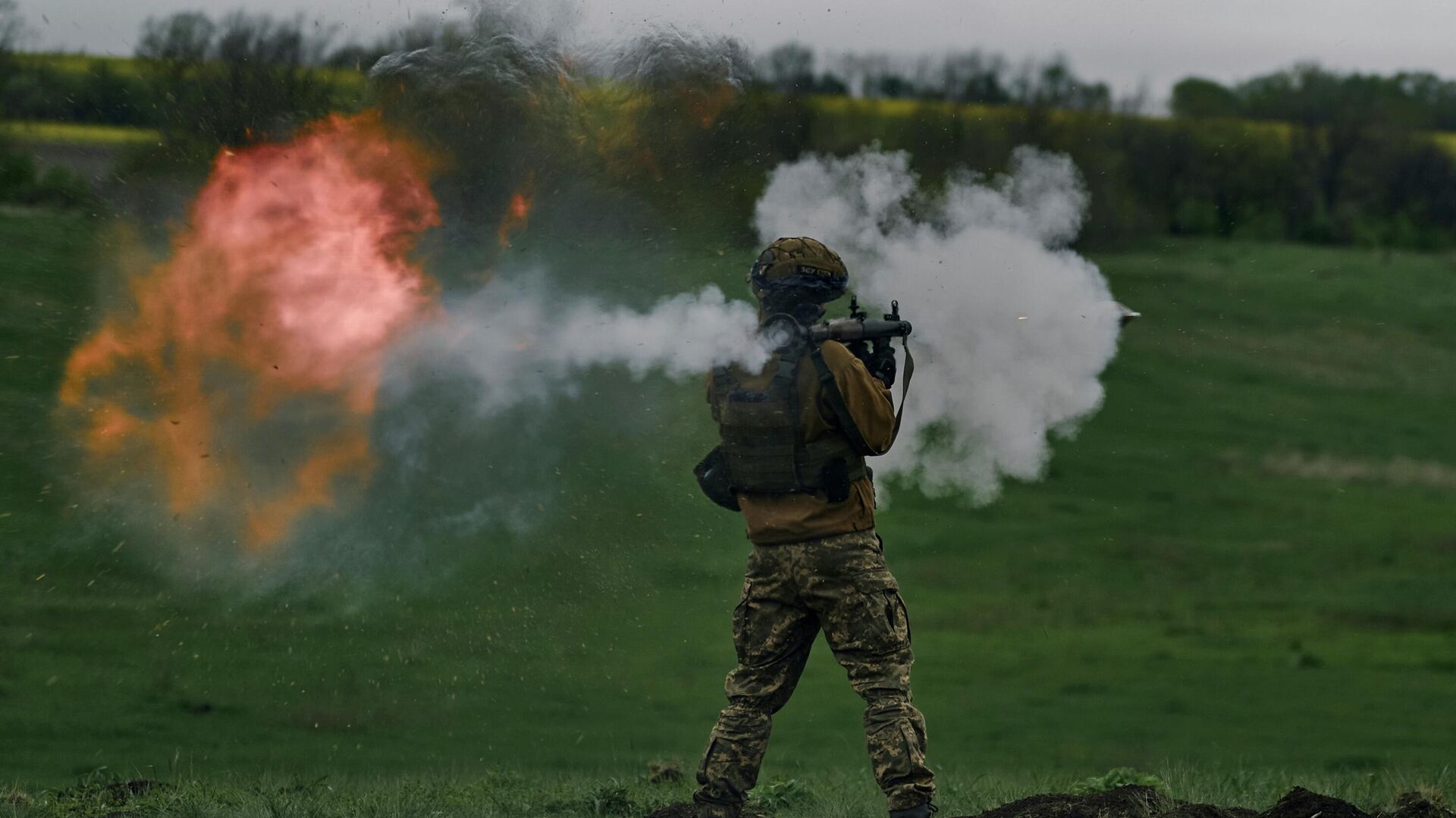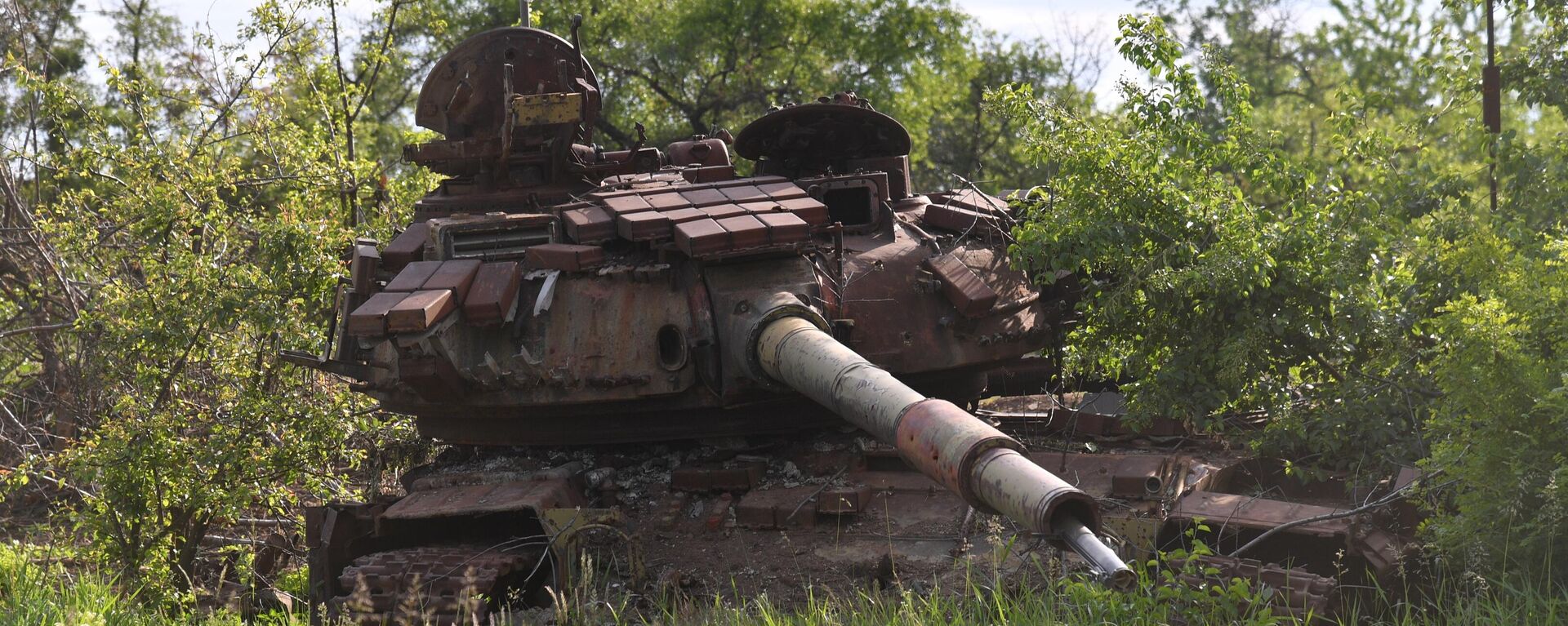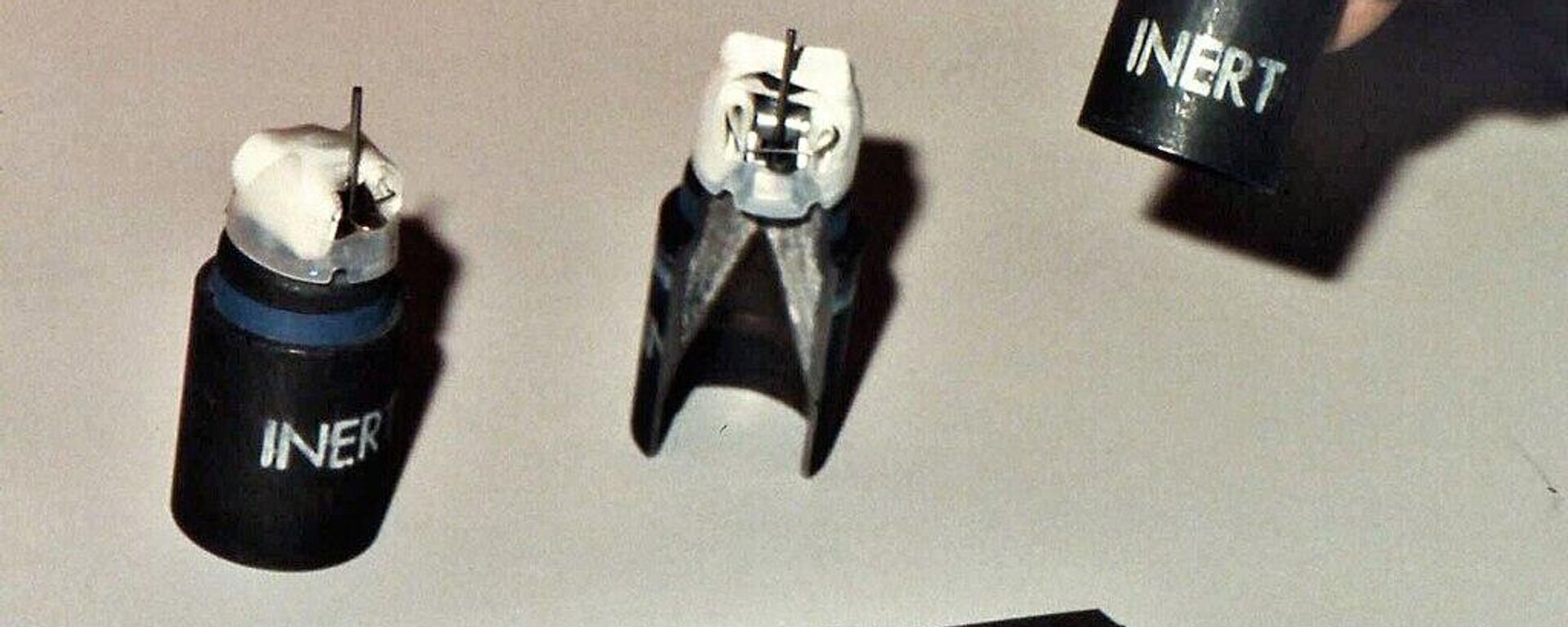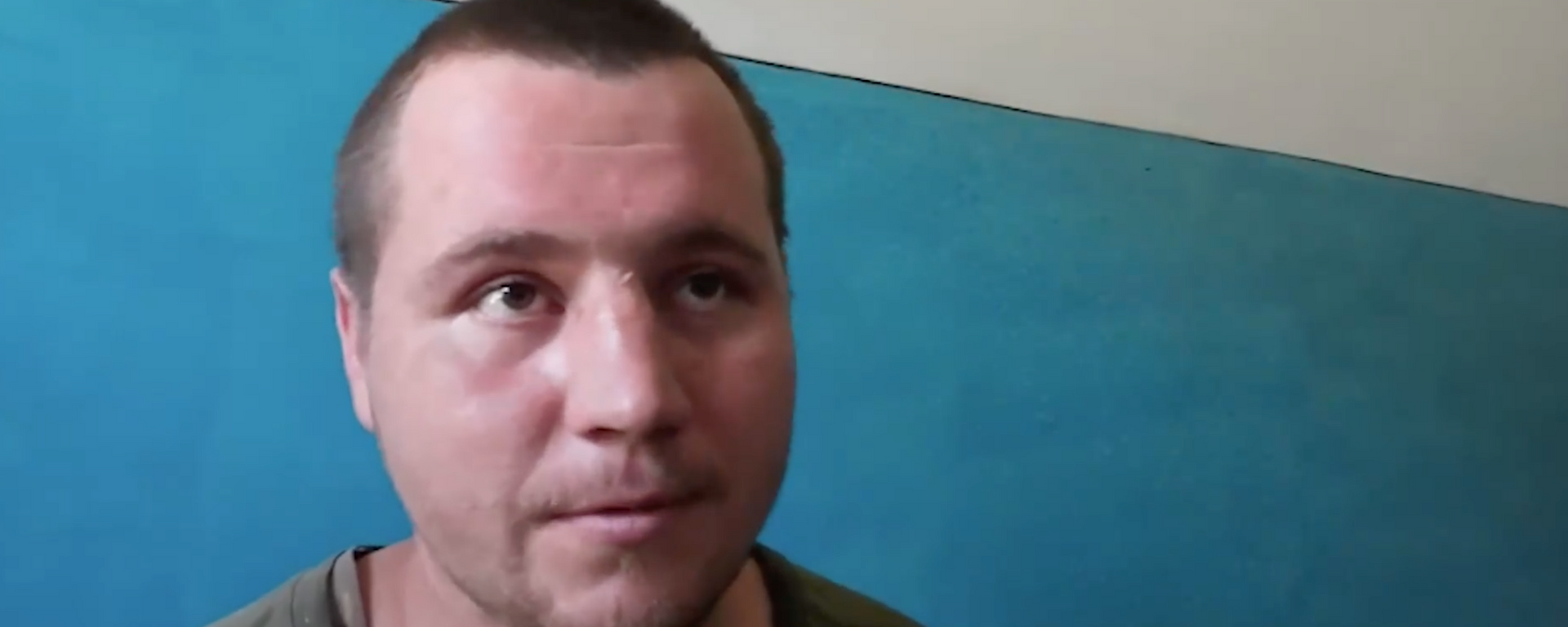Humbled Western Officials Admit Ukraine’s Counteroffensive ‘Extremely Unlikely’ to Succeed
12:52 GMT 09.08.2023 (Updated: 12:44 GMT 29.08.2023)

© AP Photo / Libkos
Subscribe
Ukraine kicked off a summer counteroffensive along a 1,000 km frontline with Russia in the Donbass, Kherson and Zaporozhye regions in early June, confident that its troops’ NATO training, arms and intelligence support would ensure victory. Two months on, more and more Western officials have privately conceded that the counteroffensive has failed.
Ukrainian success in ongoing counteroffensive operations is becoming less and less likely to imagine as Kiev’s Western patrons receive “sobering” assessments on the situation at the front, US and Western officials with access to up-to-date intelligence briefings have told US media.
“They’re still going to see, for the next couple of weeks, if there is a chance of making some progress. But for them to really make progress that would change the balance of this conflict, I think, it’s extremely, highly unlikely,” one senior Western diplomat anonymously said.
“Our briefings are sobering. We’re reminded of the challenges they face,” House Appropriations Committee member Congressman Mike Quigley, in turn, said. “This is the most difficult time of the war,” Quigley, who recently traveled to Europe to meet with US commanders training Ukrainian forces, added.
“We all recognize this is going harder and slower than anyone would like – including the Ukrainians – but we still believe there’s time and space for them to be able to make progress,” one senior US official said, putting a brave face on what appears to be an increasingly desperate situation.
White House National Security Council spokesman John Kirby made the boldest admission to date of Washington’s increasingly sour assessment of the counteroffensive’s prospects on Tuesday, saying that “even the Ukrainians…including President Zelensky, have said that they’re not going as far or as fast as he would like.”
“They’re making progress – and they are – it’s incremental and it’s slow and it’s not without its difficulties, but they keep trying. They’re still at it. There is active fighting along that front, they are definitely trying to push forward. How far they’ll get, where that will be, what kind of breakthrough they might be able to achieve? I don’t think anybody can say right now,” Kirby said.
But privately, informed officials apparently believe the situation is even worse, and that Ukrainian troops haven’t even broken through a single Russian defensive line.
“Russians have a number of defensive lines and they [Ukrainian troops] haven’t really gone through the first line,” a senior Western diplomat said. “Even if they would keep on fighting for the next several weeks, if they haven’t been able to make more breakthroughs these last seven, eight weeks, what is the likelihood that they will suddenly, with more depleted forces, make them? Because the conditions are so hard,” the diplomat said.
Officials also offered insights into the string of attempted Ukrainian terror bombing and drone attacks inside Russia, saying that the “lack of progress” and “staggering losses” incurred on the front has motivated attacks in the Russian hinterland “to try and show Russian vulnerability,” as one senior US military official put it.
Growing Recognition of Need for Peace Talks
Officials privately admitted that the “unrealistic” expectations which Kiev had at the start of the counteroffensive on pushing Russian forces back have now been replaced with pressure on Ukraine by some of its Western patrons to restart peace talks, and even consider “the possibility of territorial concessions.”
Officials also expressed fears that an acrimony-filled “blame game” may soon ensue between Western powers and its clients in Kiev, which may ultimately result in “divisions” within NATO. “The problem, of course, here is the prospect of the blame game that the Ukrainians would then blame it on us,” one senior Western diplomat was quoted as saying.
In some sense, the blame game has already begun, with President Zelensky telling attendees of the Aspen Security Forum last month that Ukraine wanted to start its counteroffensive in the spring, but “didn’t,” because “frankly, we [did not have] enough munitions, and armaments, and not enough properly trained brigades. I mean properly trained in these weapons.”
Last month, Western officials blamed Ukraine’s tactics for the stalled counteroffensive, assuring that Ukrainian forces’ approach, not the quality of Western arms assistance and training, or the wisdom of sending Ukrainian troops on the offensive against entrenched Russian positions without air cover and artillery superiority, were to blame for the counteroffensive’s failure. These claims sparked an angry rebuke from Ukraine’s top commander.
Even the controversial deployment of deadly and dud-prone US cluster bombs does not seem to have helped, with Ukrainian commanders and troops reporting staggering losses as high as 75 percent during advances, and saying that heavily dug in Russian troops have resorted to spreading out over wide areas to avoid heavy losses.
Russia’s Foiled Peace Plans
The Russian Defense Ministry, which has kept a tally on estimated Ukrainian losses since the start of the conflict, reported last week that Ukraine’s military had suffered over 43,000 troops killed in operations against Russian forces, not counting foreign mercenaries and casualties of long-range Russian strikes in rear areas. Up to 4,900 pieces of military equipment, including 1,800 tanks and armored vehicles, including Abrams and Bradley IFVs, have also been lost in that time, according to the MoD.
Western officials’ increasingly frank admissions (mostly on an anonymous basis, for now) on the calamitous state of Ukraine’s counteroffensive highlights the senselessness of the Ukrainian crisis – which could have been resolved in the spring of 2022, or even the winter of 2015, while it was still localized to the Donbass, had Western powers not systematically torpedoed Russian-proposed peace plans.
“Russia has never rejected any talks. I would like to underline that, with the assistance of President Erdogan, as you know, Turkiye hosted a whole series of talks between Russia and Ukraine to work out confidence-building measures, and draft the text of [a peace] treaty,” President Putin said at a meeting with African officials in June. “The draft treaty was initialed by the head of the group of negotiators from Kiev – he signed it. Here it is, it exists. It’s called the Treaty on Permanent Neutrality and Guarantees of Security of Ukraine,” Putin added.
“But after we withdrew our forces from Kiev, as we had promised, the Kiev authorities, just like their masters usually do, dumped [the treaty] into the dustbin of history…They rejected this,” Putin said.
Putin’s remarks appeared to confirm earlier reporting that now former British Prime Minister Boris Johnson was urgently dispatched to Kiev last spring to sabotage the peace talks so that, to quote Pentagon chief Lloyd Austin, NATO could try to “weaken” Russia.
Amid the West's growing recognition that the counteroffensive has failed, President Putin said late last month that the ball is in Ukraine's court regarding potential future peace talks.




